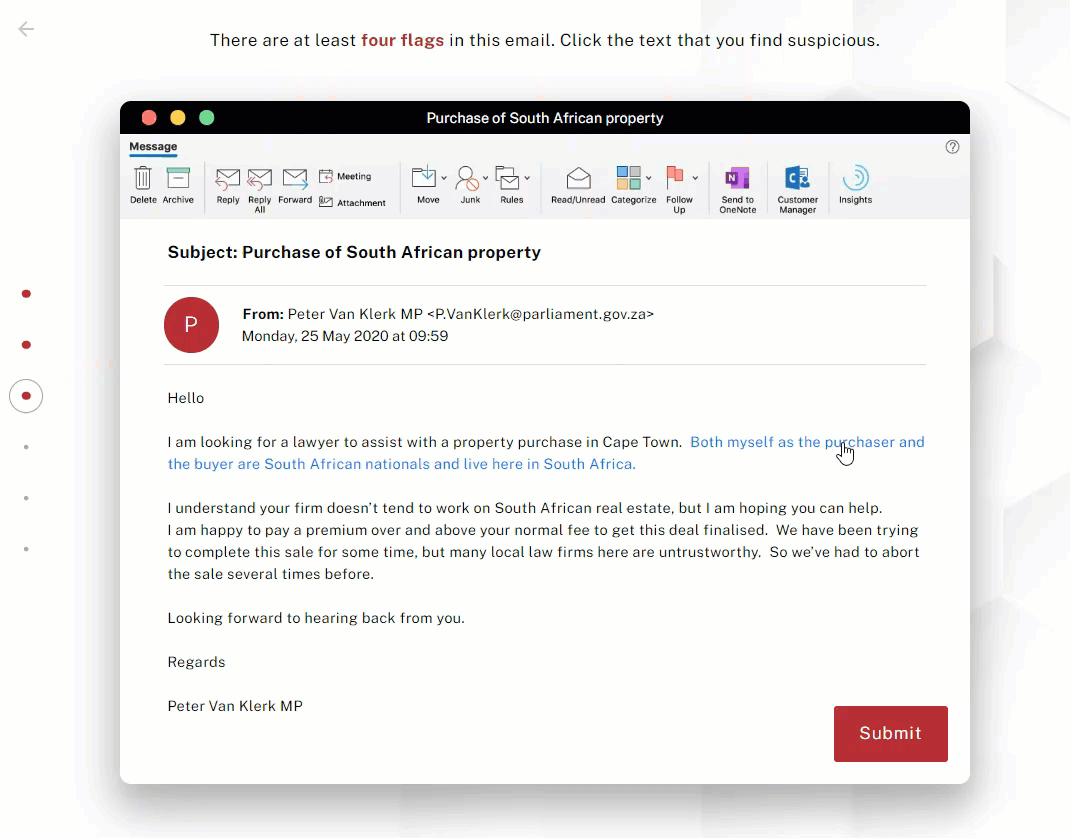Register for our DAC6 email updates

VinciWorks is publishing a series of guides on how each EU member state has implemented DAC6. This blog was originally published in July 2020 and was updated in January 2021.
DAC6 Reporting in the Netherlands
Note: Add a new suggested subheading and write here in general about the DAC6 reporting in the Netherlands.
DAC6 reporting rules in the Netherlands impose obligations on both intermediaries and taxpayers. Intermediaries are required to report cross-border arrangements that meet the predefined hallmarks to the Dutch tax authorities within a specified timeframe. By promoting early identification of potentially aggressive tax planning, it supports the efforts of tax authorities in safeguarding the integrity of the tax system and ensuring a level playing field for businesses and individuals.
How has the Netherlands implemented DAC6?
Legislation Details
The Belastingdienst (Tax and Customs Administration) published the Netherlands’ DAC6 legislation on 27 December 2019. The legislation is called Law of 18 December 2019 amending the Law on International Assistance in Taxation and the General Law on State Taxes in connection with the implementation of Council Directive (EU) 2018/822 of 25 May 2018 amending Directive 2011/16/EU with regard to mandatory automatic exchange of information in the field of taxation with regard to reporting cross-border arrangements (PbEU 2018, L 139) (Implementation of the EU Directive on reporting cross-border arrangements) – Wet van 18 december 2019 tot wijziging van de Wet op de internationale bijstandsverlening bij de heffing van belastingen en de Algemene wet inzake rijksbelastingen in verband met de implementatie van Richtlijn (EU) 2018/822 van de Raad van 25 mei 2018 tot wijziging van Richtlijn 2011/16/EU wat betreft verplichte automatische uitwisseling van inlichtingen op belastinggebied met betrekking tot meldingsplichtige grensoverschrijdende constructies (PbEU 2018, L 139) (Wet implementatie EU-richtlijn meldingsplichtige grensoverschrijdende constructies). There is an additional legislation called Guidelines published in the Official Gazette no. 34991/2020 – Decree no.
2020 – 11382, Guidance Notifying Cross-Border Constructions, 30.06.2020.
Taxes covered
Legislation in the Netherlands covers cross-border arrangements. The legislation is in line with the EU Directive and does not include domestic arrangements or any additional hallmarks.
Legal Professional Privilege
The Netherlands exempts from reporting the intermediaries who are protected by legal professional privilege. In these cases the reporting obligation will shift to other intermediaries or if there are none, the relevant taxpayers. The intermediaries included in the exemption are mainly attorneys-at-law and civil-law notaries. The exemption generally does not cover tax advisors and accountants.
Reporting
Reporting should be done using an XML schema. It will also be possible to fill out a web-based form. The preferred language for reporting is English. If reporting is done in Dutch, it must be completed in English as well.
Penalties
The Netherlands implemented significant fines and penalties for not reporting an arrangement in a timely fashion or for incomplete or incorrect reporting. The maximum penalty is EUR 870,000 (as of 01/01/2020).
VinciWorks’ full country-by-country guide to DAC6 implementation

To help firms save time and money on conducting their own research, VinciWorks has collaborated with Transfer Pricing Services to create a concise country-by-country guide to DAC6 compliance. The guide can be purchased either together with our DAC6 compliance solution or as a standalone tool.













